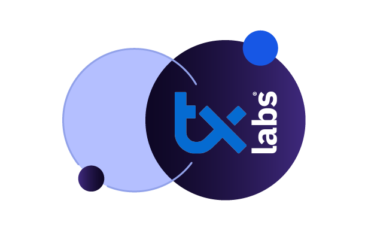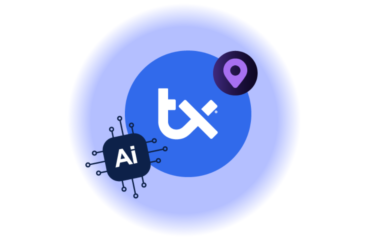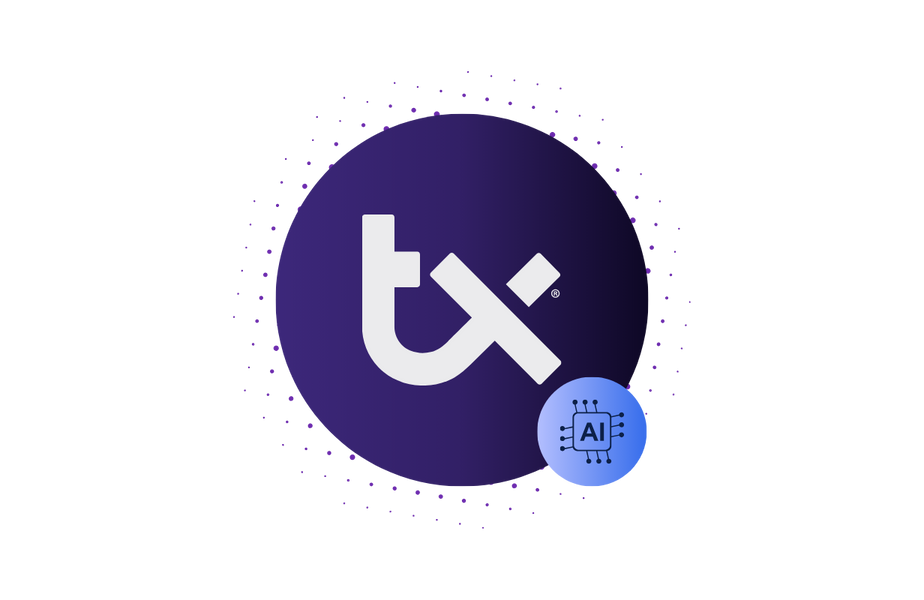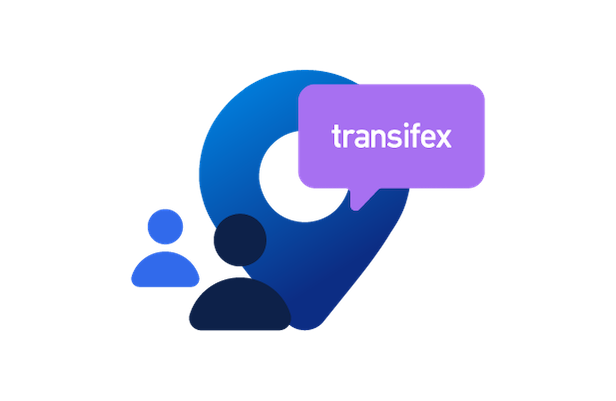

Crowdsourced Translations Require Moderation
A few weeks ago, we shared a post aimed at helping companies become familiar with the steps involved for crowdsourcing translations, and we touched a bit on how thoughtful moderation of crowdsourcing programs is key for successful and quality translation from the community. We’re diving further into this topic today, specifically sharing why having a dedicated moderator for your crowdsourcing project is not just something you’d like to have, but a must have in order to obtain business-class results for your translation project.
Crowdsourcing in its purest form
Companies that want to produce translated content by leveraging their crowd choose this approach with the assumption that it will be cost-effective (by eliminating the cost of translations), and put less strain on the team responsible for translating the company’s website or application (resources and time are being donated and therefore do not impact current staffing).
This type of hands-off approach to crowdsourcing translations is seen frequently in the Open Source world and is essentially self-policing. The responsibility of choosing moderators falls on the community itself, and they are responsible for voting on the translations thought to be the most accurate. The underlying assumption is that the community will rely on intrinsic rewards, for instance, successfully translating a website is a positive outcome/reward for all contributors and serves as motivation to work hard and produce high-quality content.
This ‘pure’ crowdsourcing approach promotes a fully collaborative environment among project contributors and can scale to additional languages easily, however, it’s more prone to conflict and missed deadlines. Translators and contributors may have differing opinions on what is an accurate or appropriate translation, stirring conflict and arguments through online messages, also known as flame wars. Once a project has been exposed to internal conflict, it can be very difficult to get the project back on track. And because contributors are volunteers, often with full-time jobs, their time is limited and getting a commit for a specific (or fast) turnaround time can be difficult. This results in delayed or missed project deadlines which may impact the availability and quality of your company’s offerings to global users.
Crowdsourcing translations with moderation
The pure crowdsourcing approach is not always an option, especially for companies that must adhere to strict marketing, branding, or messaging standards when translating content for their website or mobile app. Fortunately, there are adapted crowdsourcing models that use moderation to ensure that qualified volunteers are assigned to projects that are a good fit with their skill level.
- Crowdsourcing using an invite-only system. Community members must be invited to translate, either using some type of referral program or after being vetted by a person, likely the project’s moderator. This model ensures that high-value content is being translated by someone with the background, education, or skills required to do a quality job. The invite-only system is also great for making sure all translators have access to your contributor license agreement if your legal team requires one. Here’s an example of our own contributor license agreement if you’re unfamiliar with this terminology.
- Crowdsourcing with post-editing from a team of professional linguists. This adapted model for crowdsourcing translations relies on your community to produce the initial sets of translated content and uses a paid team of linguists or reviewers to adapt and correct the translations for messaging, tone, and branding consistency. The acting moderator here is the paid team which can give feedback on overall translation quality and possibly pinpoint which contributors are the strongest.
- Answer questions from the community about language, tone, or context
- Resolve disputes based on the goals of your business
- Motivate contributors to work hard to meet deadlines, putting their best foot forward
- Instill a sense of camaraderie and collaboration among people of all skill levels
- Ensure the health of the project so that users will want to contribute to future projects
Full moderation programs
In our experience, the most successful community translation projects are ones that have full moderation programs in place. This means there is an appointed individual that is responsible for organizing, openly communicating with, and managing all community volunteers. In cases where companies are translating content into multiple languages, multiple moderators may be required to effectively guide the crowd to produce high-quality translations that support specific business goals. Some companies even opt to assign one moderator per language.
A moderator’s role and responsibilities
A good moderator will have some experience with language-specific pairs, thus giving them the ability to tell a good translation from a bad translation. However, great moderators are more than linguists, they’re good with people, have excellent communication skills, and are extremely motivational. These skills are important so that the moderator can effectively:
Motivated communities offer more than translation skills
When a moderation program is deployed successfully, its members can offer additional benefits to the company. Waze is a great example of a company that uses their community to help produce a more robust global product. In online publications, Waze has shared that they crowdsource translations thanks to an amazing and dedicated community, a community that they also use as curators for new content. These individuals contribute mapping data, gas prices, road hazards, and more, all with specific location data points which helps to improve the overall experience of the Waze app for users around the world. By having these same individuals translate, they extend their community spirit automatically into new geographies as they expand.
Crowdsourcing translations can be a great way to engage your global users but must be done with careful thought and strategic planning to yield quality business results that continue to drive revenue for your company. Be realistic about the size and engagement of your existing community to determine whether crowdsourcing is a feasible option, and also make sure you understand the time investment you’ll need to make in moderation in order to ensure success.


AI Localization: Everything You Need to Know





